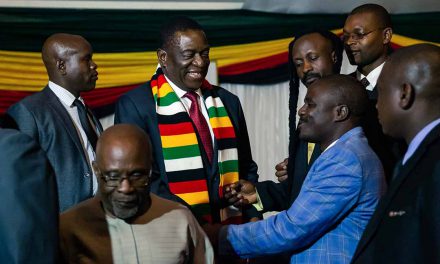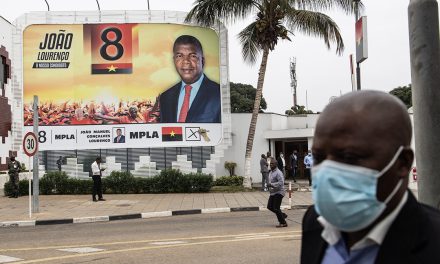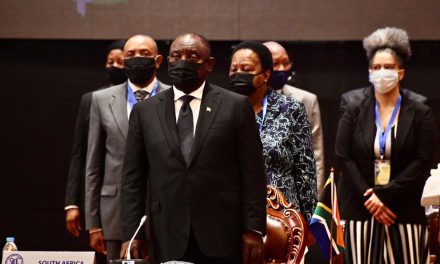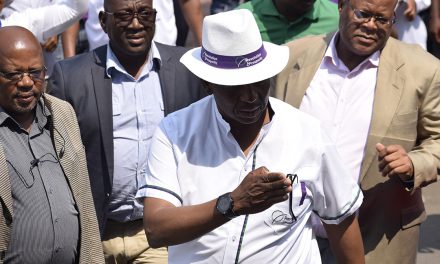It has been a week since Tanzania held its general election. As the dust settles, a closer examination of the Southern African Development Community’s (SADC) response and validation of the election outcome is necessary. According to the National Electoral Commission (NEC), incumbent President John Magufuli won 84% of the vote, while opposition leader Tendu Lissu received 13%. As tends to happen after any election, the attention shifts from the NEC’s announcement of the results to the various election observer reports. These election observer reports are an important part of the election verification process, as they tend to either endorse or raise pertinent questions about the validity of the election outcome.
SADC did not deploy a physical SADC Electoral Observation Mission (SEOM). Instead it held a series of virtual engagements with key electoral stakeholders in preparation for the election due to the challenges posed by the COVID-19 pandemic. After the success of the re-run Malawi election, it was expected that SADC would adopt lessons learnt from the Malawi experience regarding the “home-grown ownership” of their election process during the COVID-19 pandemic. Unfortunately, the lessons were not heeded and instead, the status quo was perpetuated. Recently, the SADC region has experienced several contested elections marred by controversy, leading to some seeking judicial recourse.
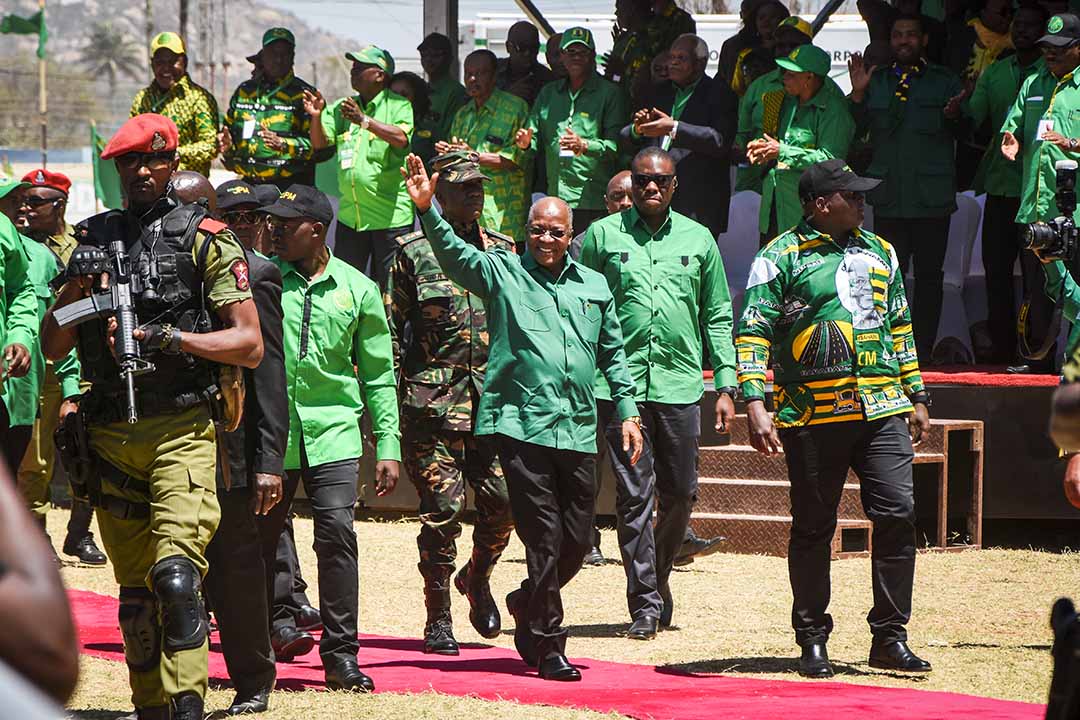
Tanzania’s incumbent President and presidential candidate of ruling party Chama Cha Mapinduzi (CCM) John Magufuli (C) waves as he arrives to give a speech during the official launch of the party’s campaign for the October general election at the Jamhuri stadium in Dodoma, Tanzania, on August 29, 2020. – Voters will also select new MPs and ward councillors when they go to the polls on October 28. (Photo by ERICKY BONIPHACE / AFP)
The most turbulent have been those in the Comoros, Democratic Republic of the Congo (DRC), Malawi and Zimbabwe. Despite calls from both opposition and other electoral observation teams claiming electoral malfeasance and irregularities in the election process itself, SADC followed its tried and tested formula of endorsing the election outcomes, seemingly based on a provision that the election itself was held.
Controversial SADC Election Endorsing Statements
SADC has a chequered past in relation to issuing endorsing and congratulatory statements to the victors of contested elections, despite claims of electoral irregularities being highlighted by several stakeholders throughout the election process. For example:
i. The then SADC Chairperson, President Hage Geingob of Namibia, issued several congratulatory statements:
Comoros: “The Southern African Development Community (SADC) congratulates the people and government of the Union of Comoros, and the National Independent Electoral Commission (CENI), for the peaceful elections for president and governors of the country, which were held on 24 March 2019.”
DRC: “On behalf of the Southern African Development Community (SADC), and on my behalf as the Chairperson, we congratulate the President-elect of the Democratic Republic of Congo (DRC), Mr Felix Tshisekedi, following the national elections that were conducted on 30 December 2018 and the ruling of the Constitutional Court on 19 January 2019.”
Malawi: “Congratulations H.E Peter Mutharika @APMutharika on your re-election and swearing in as President of the Republic of Malawi. Namibia looks forward to deepening ties with Malawi in the interest of shared prosperity in the SADC Region.”
ii. President Cyril Ramaphosa of South Africa, in his capacity as the then SADC Chairperson, issued the following congratulatory message:
Zimbabwe: “Congratulations to His Excellency Emmerson Mnangagwa on his election as President of Zimbabwe. We urge the people of Zimbabwe to accept the outcome of the election, or follow the legal route should they wish to challenge it. We look forward to great working relations with you.”
iii. Finally, President Mokgweetsi Masisi of Botswana, in his capacity as the Chairperson of the SADC Organ, issued the following message:
Tanzania: “Following the General Elections held on 28 October 2020, SADC applauds the people of the United Republic of Tanzania (URT) for once again demonstrating their commitment to democracy by exercising their right to vote in a calm and tranquil manner, a progressive build-up to the 6th multiparty elections since 1995.
On behalf of SADC, and indeed on my own behalf, I wish to take this opportunity to once again, commend the President-Elect of the United Republic of Tanzania, Dr John Pombe Magufuli on his resounding electoral victory and wish the incoming government a peaceful and successful term in office.”
What is clear from these SADC election statements is that there is a certain line and/or template that is used by SADC when it comes to congratulating election victors, despite calls from various stakeholders calling for an election outcome to be verified or nullified because of certain documented irregularities during the election period and on the election day itself. When examining Tanzania as an election case study, the pre-election period was fraught with claims of irregularities including intimidation of election contenders, election violence, human rights abuses, NEC partiality, election campaign suspensions, limiting election observer participation, restricting media freedoms and a host of other incumbency abuses.
All these claims were highlighted and shared by numerous stakeholders at various times throughout the election period, and it is fair to assume that some of these same stakeholders were part of the SADC virtual stakeholder engagements. So even though there may not have been a physical SADC presence during the election period, their virtual engagements should have shed some light regarding any perceived electoral malfeasance or irregularities which SADC should have taken more seriously.
Instead, in a pre-election statement issued on 27 October, President Masisi stated:
“I wish to commend the people of the United Republic of Tanzania for the peaceful and exemplary manner in which they have conducted themselves during the election campaign period, despite the challenges posed by the COVID-19 pandemic. Furthermore, I urge all citizens to maintain the same spirit as they cast their ballots.”
Unless Masisi was ill informed, which in itself is worrying and unfortunate, it is rather difficult to believe his statement was sincere. The challenges experienced in the election campaign period were much more than simply the COVID-19 pandemic. His failure to acknowledge or address documented electoral malfeasance and irregularities seems to be part and parcel of SADC’s inability to hold member states accountable for their non-adherence to good governance practices, therefore indirectly endorsing incumbency abuses. This hands-off type approach does not bode well for the expansion and manifestation of good governance practices in the region.
SADC as an organisation should learn from other election observation teams who participated in the election process in Tanzania and are largely agreed that there was indeed electoral malfeasance and irregularities. The following are observations from other election observation teams:
- Tanzania Elections Watch – The Panel of Eminent Persons, drawn from East and Southern Africa, issued a statement differing in tone and substance from that of SADC. They condemned the violence that had escalated leading up to voting day, and also raised concerns over the heavy-handed force shown by security forces and the restriction of communication services ahead of the election. Their election day report stated: We are concerned that the incidents reported so far in the process bear questions on the credibility of the electoral process.
- Electoral Institute for Sustainable Democracy in Africa– Tanzania’s political environment has undergone several pertinent changes. Under the current government, the holding of political rallies and public gatherings has been severely limited by the Tanzania Police Force (TPF). While the Mission noted conflicting reports on the existence of an official ban on such gatherings, the effect has been the same whether such a decree existed or not.
- The United Kingdom’s Minister for Africa – The UK is concerned by widespread allegations of interference in the country’s elections, including pre-filled ballot boxes and party agents being denied entry to polling stations. We are also deeply troubled by the reports of violence and heavy-handed policing in the elections, including the arrest of opposition political leaders.
- The US Embassy in Tanzania – Irregularities and the overwhelming margins of victory raise serious doubts about the credibility of the results… as well as concerns about the government of Tanzania’s commitment to democratic values.
In short, if the SADC leadership fails to correct their long-held tradition of non-interference, this path will serve to further widen the gap between itself and the citizenry of member states who expect, as seen in Tanzania, an adherence to principles of good governance. If they continue to perpetuate the status quo and create this schism, the trust and respect for the organisation and the ability of the regional leadership will continue to wane to the detriment of all, and any well-intended regional good governance practices. The SADC leadership should formulate and implement means to safeguard against driving a trust deficit between the citizenry and the SADC entity.
Craig Moffat, PhD is the Head of Programme: Governance Delivery and Impact for Good Governance Africa. He has more than 17 years of practical experience working for government institutions and multilateral organisations. He was previously employed by the South African Foreign Service, where he worked extensively at identifying and analysing security threats towards South Africa as well as the southern Africa region. Previously, he was the political advisor for the Pretoria Regional Delegation of the International Committee of the Red Cross. He holds a PhD in Political Science from Stellenbosch University.


